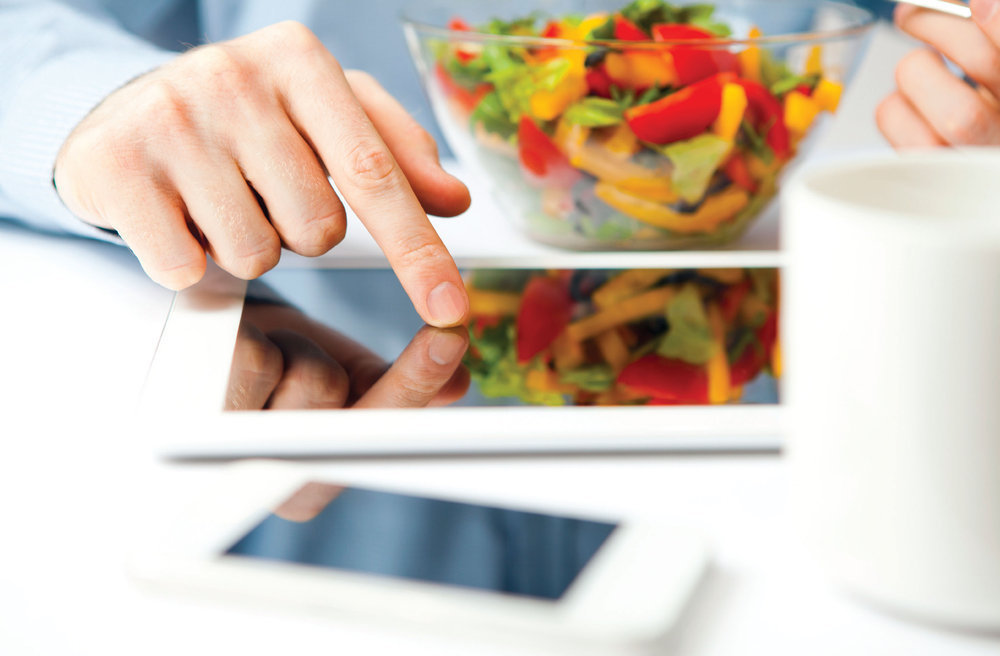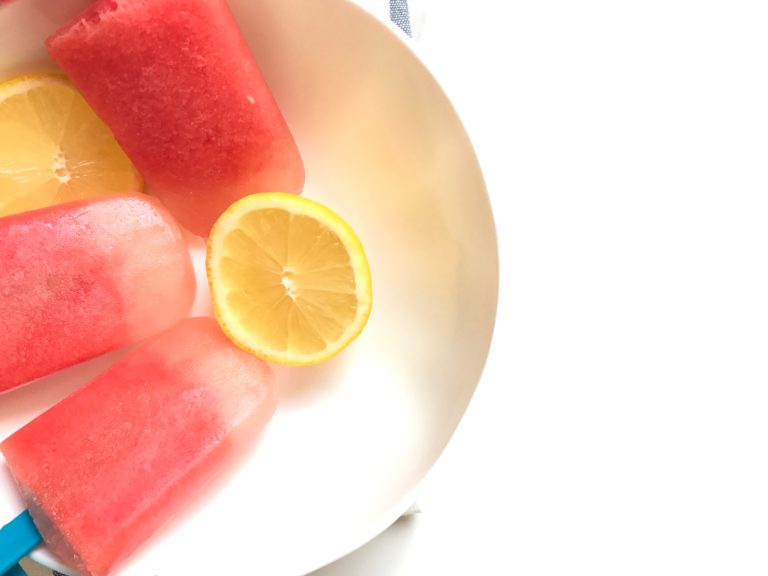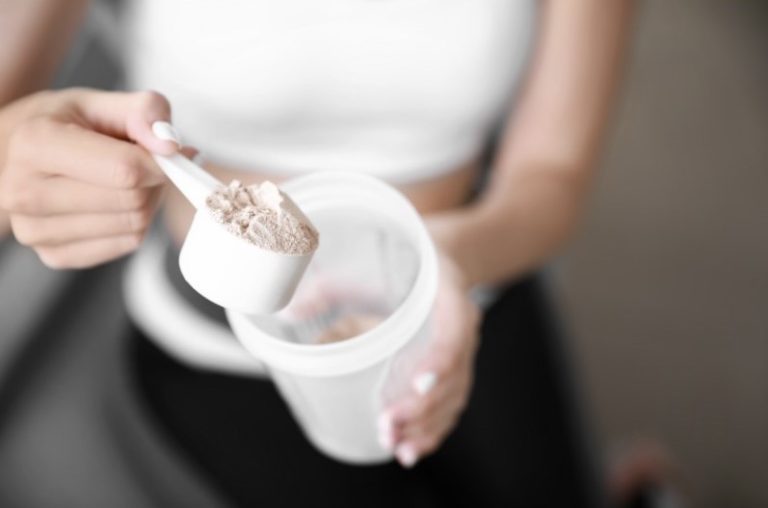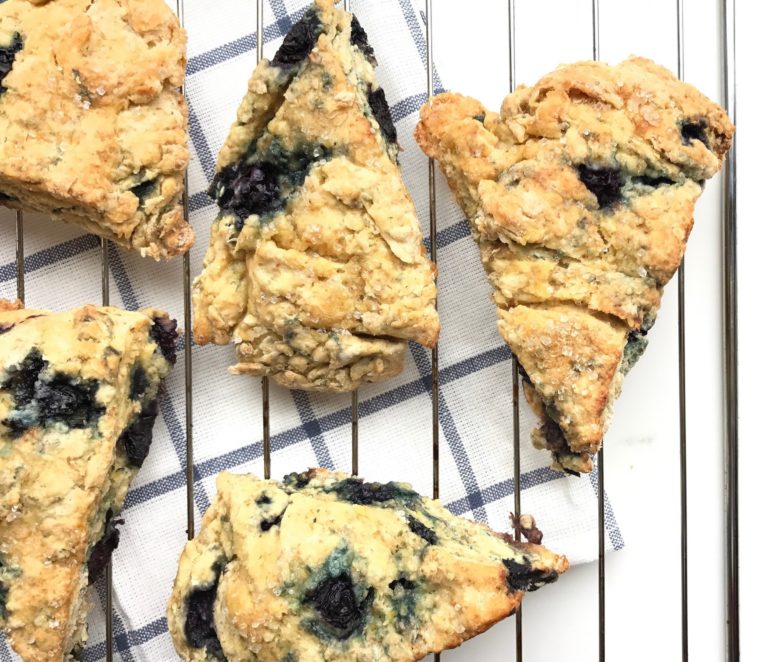Beat the bloat while eating your veggies

We all know that we have to eat more vegetables and other high fibre foods, however, for some of us the production of excess gas can cause much discomfort. So what do we do to help us beat the bloat while eating our veggies…and other foods?
The production and presence of gas is entirely normal. We all have gas in our gut, however, for some, it is more excessive and can become uncomfortable. When this happens, we go online searching for answers and most of the time we get caught up in super foods that are supposed to help solve all our problems or diets that are guaranteed to help. I’m not going to do that today, I’m going to keep it simple and reliable and hope that you learn something new!
Before we begin, I want to remind you that the recommendations made below are not meant to replace medical advice and to please seek the care/advice of your medical professional before making any dietary changes.
Where does gas come from?
The majority of the gas found in the digestive tract comes from the air that we swallow. This can happen unintentionally while we breath, speak, eat, and drink. There are two ways we get rid of this gas, either through burping or ?passing gas?.?Other than the air that we swallow, there is a certain amount of gas that is produced in the large intestine. When carbohydrates that are not digested enter the large intestine, the bacteria present feed on the undigested carbohydrates and fibre, thus producing gas.
For some individuals dealing with digestive conditions such as celiac disease, food intolerances including lactose intolerance, gastroesophageal reflux disease (GERD), and/or irritable bowel syndrome (IBS), gas production and bloating are common symptoms that can be managed with the help of a registered dietitian.
Common gas producing foods
Although everyone has a unique experience with food and how their body reacts to it, there are some foods that are commonly known to cause gas and bloating. Typically, any food that is considered a carbohydrate and contains sugar, starch and/or fibre can cause gas. This is because there is often one or more component (sugar, starch and/or fibre) that will not fully digest as it passes through the digestive system, until it passes through to the large intestine. As a result, the bacteria in the large intestine feed on this undigested matter which then causes the production of gas. Depending on the type of food as well as the portion consumed, the amount of gas produced will vary.
During the summer months, concern with gas and bloating is common because of the excessive consumption of raw veggies. Salads and raw vegetables are great, but they are not for everyone. In the winter months, bloating is often a concern because of the types/groups of vegetables and other foods that we consume during this time.
Generally speaking, fruits, vegetables, grains and dried legumes fit within this carbohydrate category. Specifically, baked beans and sulfurous veggies such as cabbage, cauliflower, broccoli, and Brussel sprouts seem to be typical culprits. Other foods that are not digested in the small intestine include but are not limited to: sugar free foods that contain sugar alcohols, high-fructose corn syrup found in pop and fruit drinks, and fruit juices.
Other than the foods mentioned above, there will be a group of people who will experience the discomfort associated with excessive gas and bloating as a result of their inability to break down the sugar lactose, which is found in milk. Lactose is digested by the enzyme lactase. For some, this enzyme is either limited in the body or non-existent. Thus, the sugar lactose travels undigested to the large intestine.
Beat the bloat while eating your veggies…and other foods!
So now you are probably wondering how you can reduce the amount of gas produced in your body as a result of your diet. Since the majority of gas comes from the air that we swallow, you can start by eating slowly and avoid speaking while eating. Additionally, you want to ensure you are eating in a calm and relaxed environment. Too often we rush through our meals, eat while standing and really forget to enjoy the process. Eating while under stress will definitely not make it any easier on your digestive system.
Then there is the matter of the straw. It is always recommended to drink you beverages (still beverages because carbonation will just add to the gas) from a glass and not while using a straw. When you drink from a straw, you are taking in more air! Other suggestions include: avoid chewing gum and avoid drinking hot beverages that will require you to take a deep breath (inhaling air) as you drink.
Here are some dietary changes that you can consider.
- Cook your veggies! This is one way to reduce the amount of gas that is produced in your body.
- Start with small portions. Even if you are consuming a food commonly known to cause excessive gas/bloating, if you start with a small portion such as ? cup (or sometimes even less), you may be able to tolerate it. So, start small and work your way up.
- Choose vegetables that are easier to digest and contain less sulfur. For example, consider squash, eggplant, bell peppers, or green beans. Eating a variety of different colours of vegetables is key to following a healthy diet, so try something new next time!
- Spend the extra time in the kitchen (if you can). Using beans can be tricky. Some people have to avoid them because of dietary restrictions, however, for the rest of us there are a couple of extra steps we can take to try to beat the bloat when it comes to legumes. Always pre-soak your beans the night before, this really helps! Then, try double boiling your beans using fresh water each time.
- If you are lactose intolerant, you can try lactose-free milk or a milk alternative such as soy, rice or almond beverage.
- Limit your consumption of carbonated beverages, even carbonated water and foods sweetened with sugar alcohols.
- Be mindful when adding more fibre to your diet. We all know that for most of us, adding more fibre to our diet is a good thing. However, we have to do this carefully. If you are not used to consuming foods rich in fibre, it is important that you SLOWLY start adding fibre rich foods to your diet. Otherwise, you may experience discomfort in terms of gas and bloating. You also want to make sure you drink a lot of WATER. Adding fibre on its own without water can cause constipation which can lead to bloating and discomfort.
- Keep a food journal. This is the best way for you to identify any symptoms you may be experiencing when it comes to your diet.
- Consider the help of a registered dietitian who can help you with your nutrition related goals and ensure that you are following a healthy diet.
Other than the recommendations made above, there are other strategies including increasing your physical activity and potential supplements/medication (including enzymes) that can help. Please speak to your physician or other health care provider for more information.








